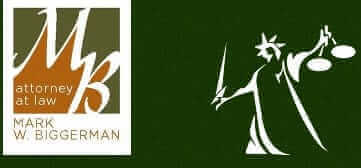It’s unlawful for employers to discriminate against employees based on religion. Employers must treat employees of all religious beliefs equally.
Here is what to know about this matter:
What is religion?
Title VII of the Civil Rights Act of 1964 provides a broad definition of religion to determine what the law covers. Under this title, religion includes traditional, organized religions, such as Islam, Christianity, Hinduism, Judaism and Buddhism, and new, uncommon ones, which are not part of a formal church – those subscribed to by a small number of people.
What are religious beliefs?
Under Title VII, religious beliefs include theistic beliefs (involving or relating to a belief in God) and non-theistic beliefs that are sincerely held with the strength of traditional religious views ( “ultimate ideas” about life, purpose and death).
Due to this definition, social, political, or economic philosophies and personal preferences are not considered “religious” beliefs. An employee may not defend a practice even if they strongly hold it if it can’t be linked to a traditional religious view.
What are religious practices?
A practice is religious if the reason to practice it is religious. These include praying, attending worship services, wearing religious symbols/clothes, displaying religious objects, refraining from certain activities and so on.
What are religious accommodations in the workplace?
A religious accommodation is any adjustment to a work environment to allow an employee to practice their religious beliefs. Examples include:
- Being exempted from a dress code that conflicts with an employee’s religious beliefs
- A schedule change to practice a religious belief, such as leaving early on a particular day to attend a worship service
- Going on leave to observe a religious holiday and so on
Note that an employee may not be required to provide an accommodation that causes the company undue hardship.
Religious discrimination in the workplace is not uncommon. Do you believe you have experienced it? Seeking legal guidance may be beneficial.

